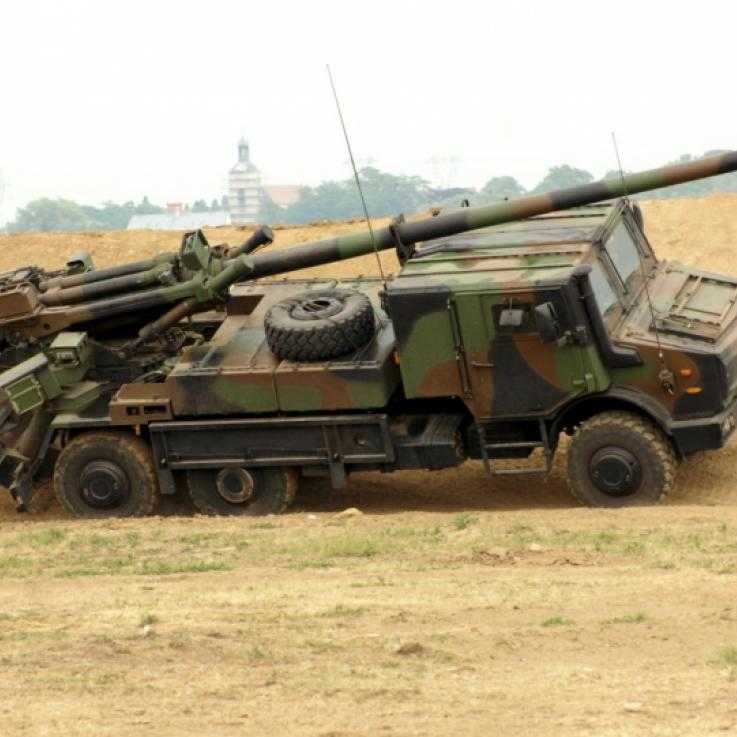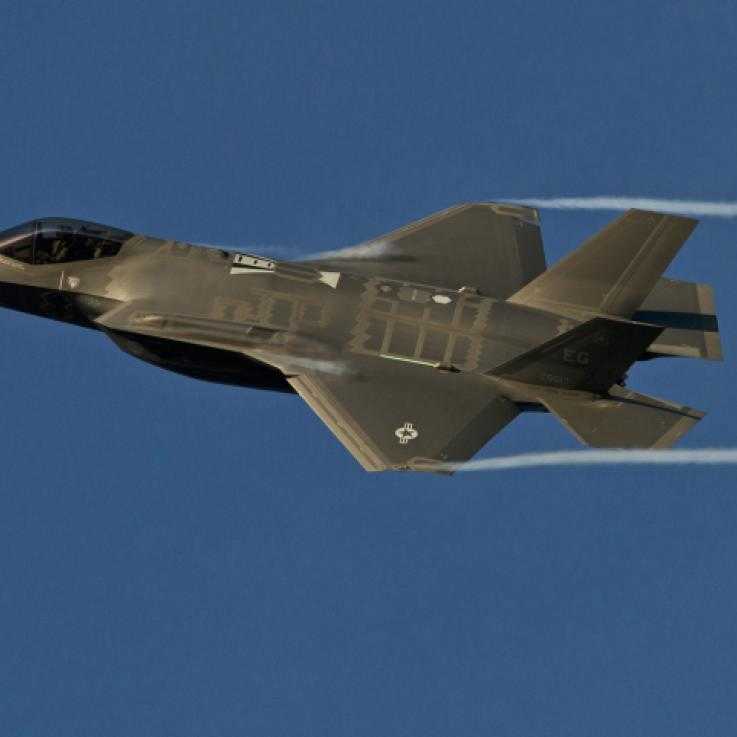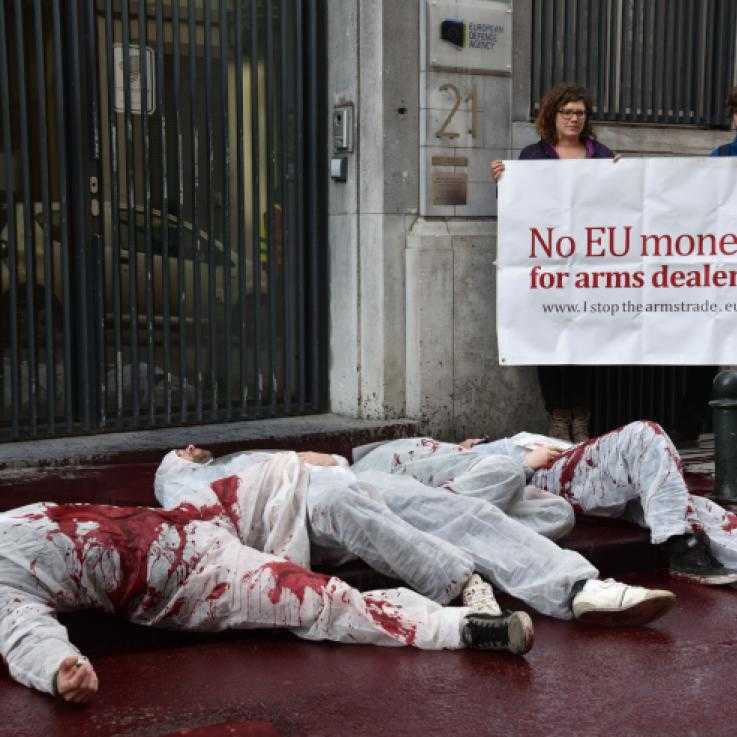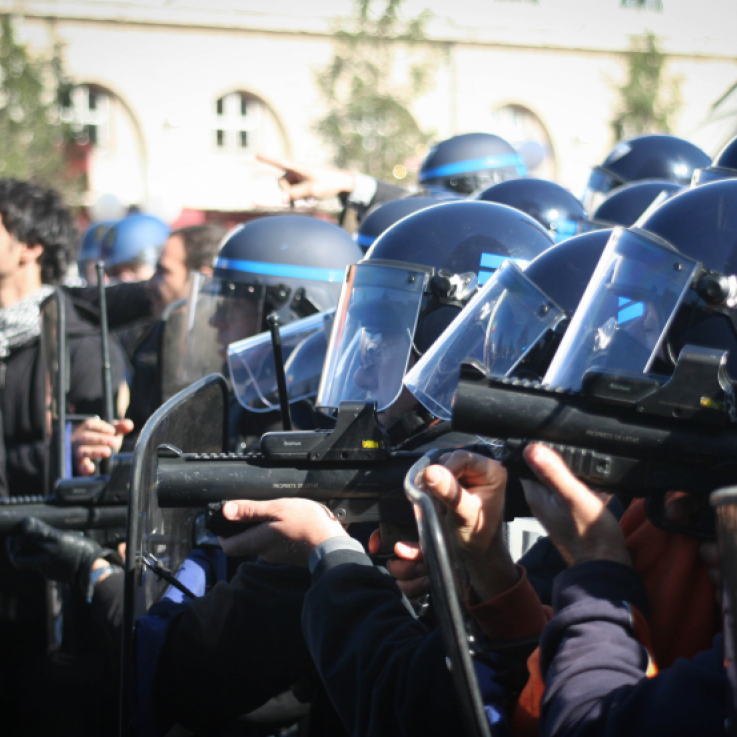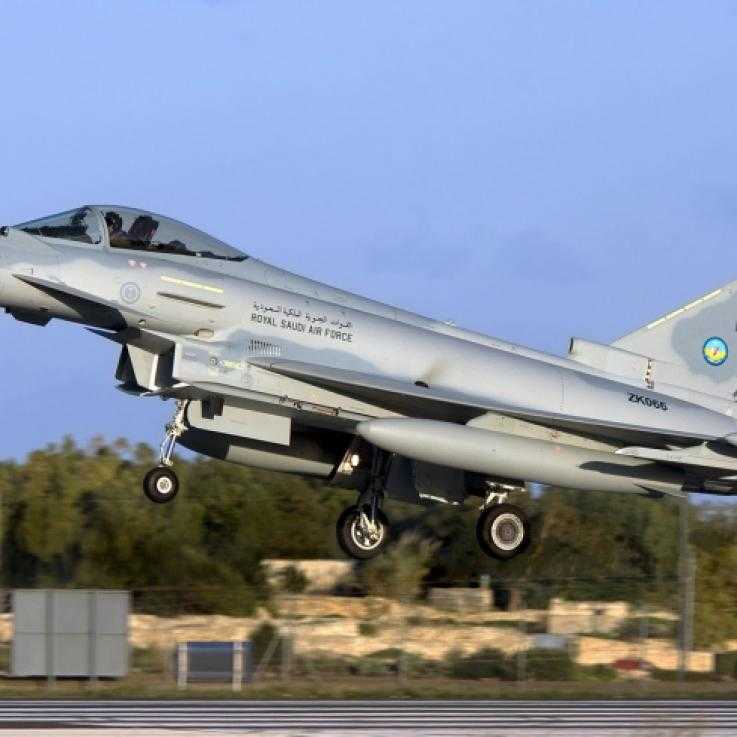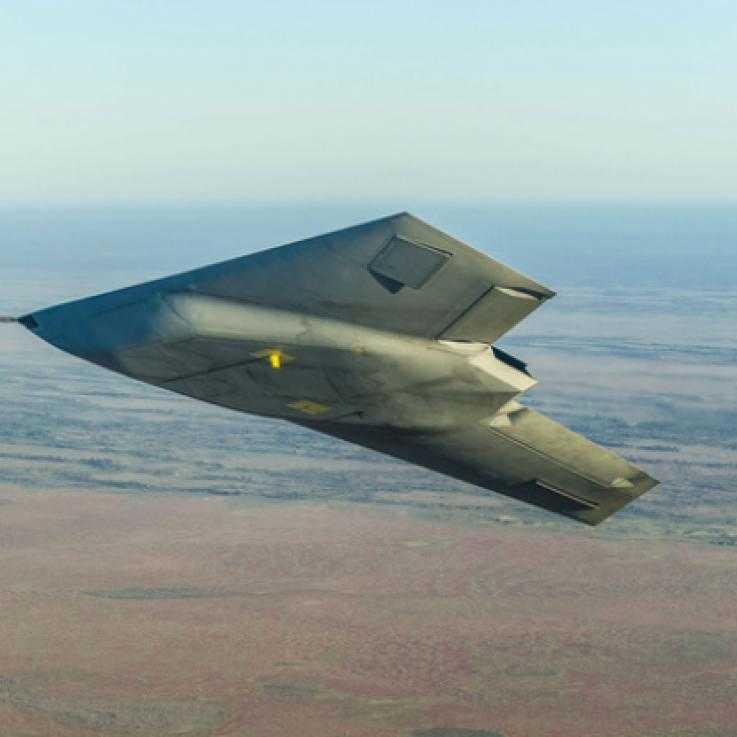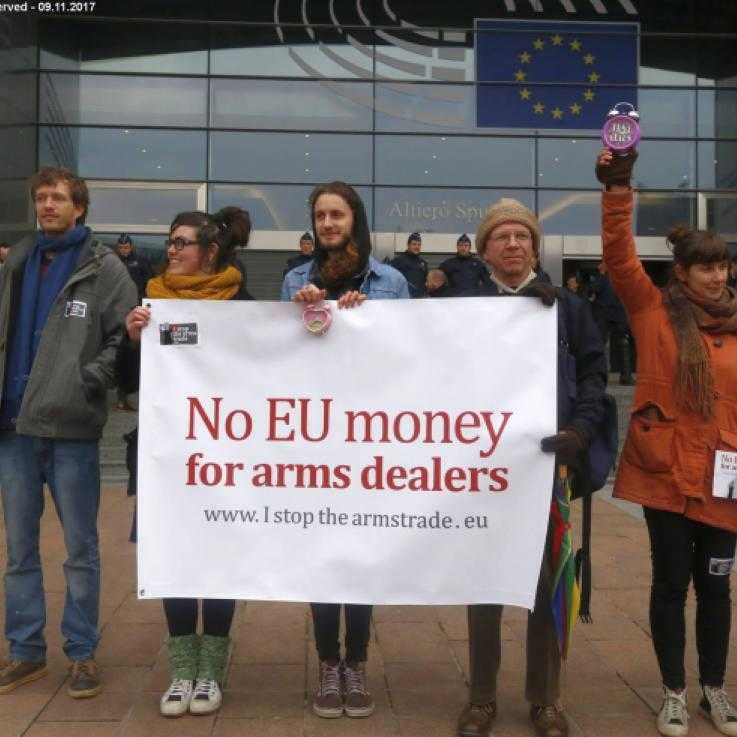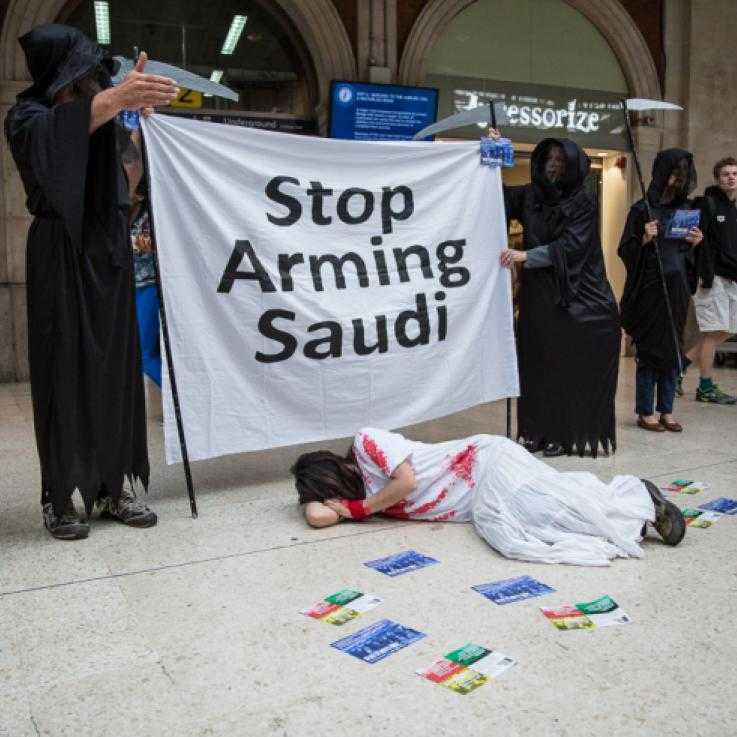As thousands of protesters in Hong Kong gather to protest the proposed “Extradition Bill”, police have used “less lethal” weaponry produced by the company American company Amtec Less Lethal Systems.
French NGO “Disclose” has released details of the use of French weapons by the Saudi-led coalition in the war in Yemen, using leaked documents.
Unionised dock workers and activists have refused to load a Saudi ship – the Bahri-Yanbu - carrying weapons to Saudi Arabia.
World military expenditure has risen to $1.822 trillion in 2018, representing an increase of 2.6 per cent from 2017, according to new data from the Stockholm International Peace Research Institute (SIPRI).
Working with our friends at Vredesactie, WRI has recently published a new guide to support grassroots activists to research the arms industry in their country. The guide explores where to access accurate and up to date information on arms companies and lobby organisations.
Our War Profiteer of the Month series normally focuses on one company - in this feature, we provide details on a number of separate companies who have all manufactured weapons used against the Gilet Jaunes protest movement in France: Brügger & Thomet, Alsetex and Verney-Carron.
The British foreign secretary Jeremy Hunt has urged Germany to end it’s ban of weapons exports to Saudi Arabia. Hunt has written to his counterpart Heiko Maas, and described how the ban is impacting British companies ability to fulfil their own contracts with Saudi Arabia on a visit to Berlin to discuss Brexit.
In 2009, Sig Sauer, a firearms company based in New Hampshire, USA, secured a $306 million deal with the Colombian National Police to provide nearly 100,00 hand guns.
A new report reveals that the British Ministry of Defence (MoD) is actively funding research into technology supporting the development of armed autonomous drones.
In mid-November, as European Union leaders made plans for the next EU budgetary cycle, 42 European non-profits and NGOs issued a letter criticising the bloc's plans for a European Defence Fund.
Germany has been joined by Finland, Netherlands, and Denmark in a suspension of arms sales to Saudi Arabia. The decisions follow the assassination of journalist Jamal Khashoggi, and announcements by the United Nations that Yemen is experiencing the worst famine the world has seen for 100 years.
Following the murder of journalist Jamal Khashoggi in the Saudi Arbian embassy in Istanbul on October 2nd, Germany’s chancellor Angela Merkel announced that Germany will halt all arms sales to Saudi Arabia.

